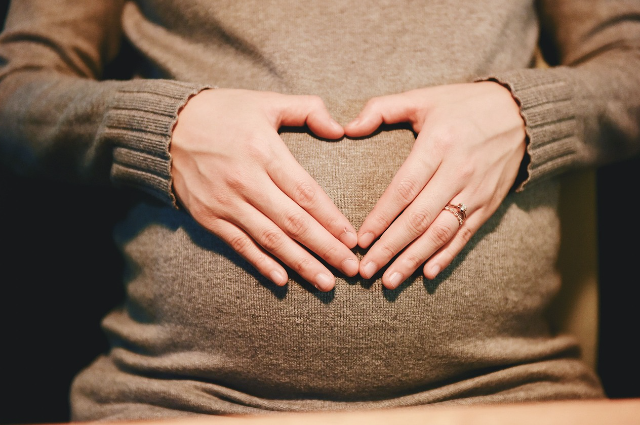
Image by StockSnap from Pixabay
Recently, there has been an amendment by the Central Government with regard to the surrogacy rules that has now given a green flag to the usage of donor gametes in order to initiate the process of pregnancy. This amendment has ruled out the previous amendment that had banned the use of donor gametes.
The new amendment states, 'In case when the District Medical Board certified that either husband or wife constituting the intending couple suffers from medical condition necessitating use of donor gamete, then surrogacy using donor gamete is allowed'.
If a divorced or widower woman opts for surrogacy, the egg has to come from the mother. Single women must use self-eggs and donor sperm to undergo the process of surrogacy.
Implications of this Amendment:
- This new amendment has also allowed the use of donor sperm along with donor eggs. Earlier, only donor eggs were allowed. The prior notification insisted on the use of both sperm and eggs from the intending couple.
- The March 2023 notification was challenged in the apex court by a woman with Mayer-Rokitansky-Kuster-Hauser (MRKH) syndrome, a disorder that affects the reproductive system and the fertility.
- The new amendment shall be open to older women who have either reached menopause and are not in a position to produce eggs or are probably due to certain medical conditions.
- It has been seen that women who opt for surrogacy are likely to be older, having tried for other methods thereafter opt for surrogacy. Hence, most of them would need a donor egg. With ageing, the quality and number of eggs also go down. Doctors usually recommend that after the age of 45 years, it is advisable to go for the use of donor eggs.
- Department of Gynaecology said that the need for donor eggs and surrogacy arises in very few situations.
- Surrogacy with a donor egg shall be required only in case for women who do not have a uterus or have a medical condition that affects the functioning of the uterus. This happens mainly in women with gonadal dysgenesis - congenital conditions that affect the reproductive well-being of women. Though it's medically proven and stated with facts, less than 1% of women would require both a donor egg and surrogacy. Maybe, 2 out of 100 patients who come to a gynaecologist, report such a problem.
Criticisms to the Amendment:
- These provisions have been challenged by a 44-year-old unmarried woman. The petitioner has raised questions on the association of marital status with eligibility for surrogacy.
- Restrictions on access to surrogacy for single persons, live-in couples and LGBTQ couples too have been criticised.
- These days, the concept of single parenting has also become popular. It's quite shameful to address that these days...they don't have the right to access surrogacy when needed.
. . .
References:
- indianexpress.com
- livelaw.in
- outlookindia.co
- livemint.com
